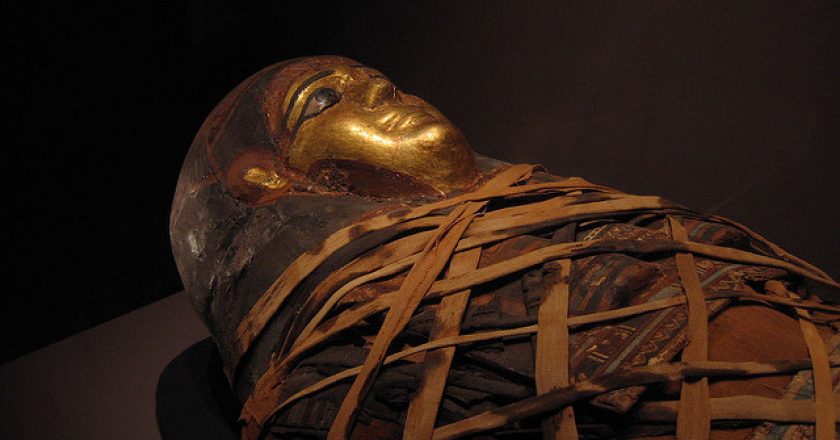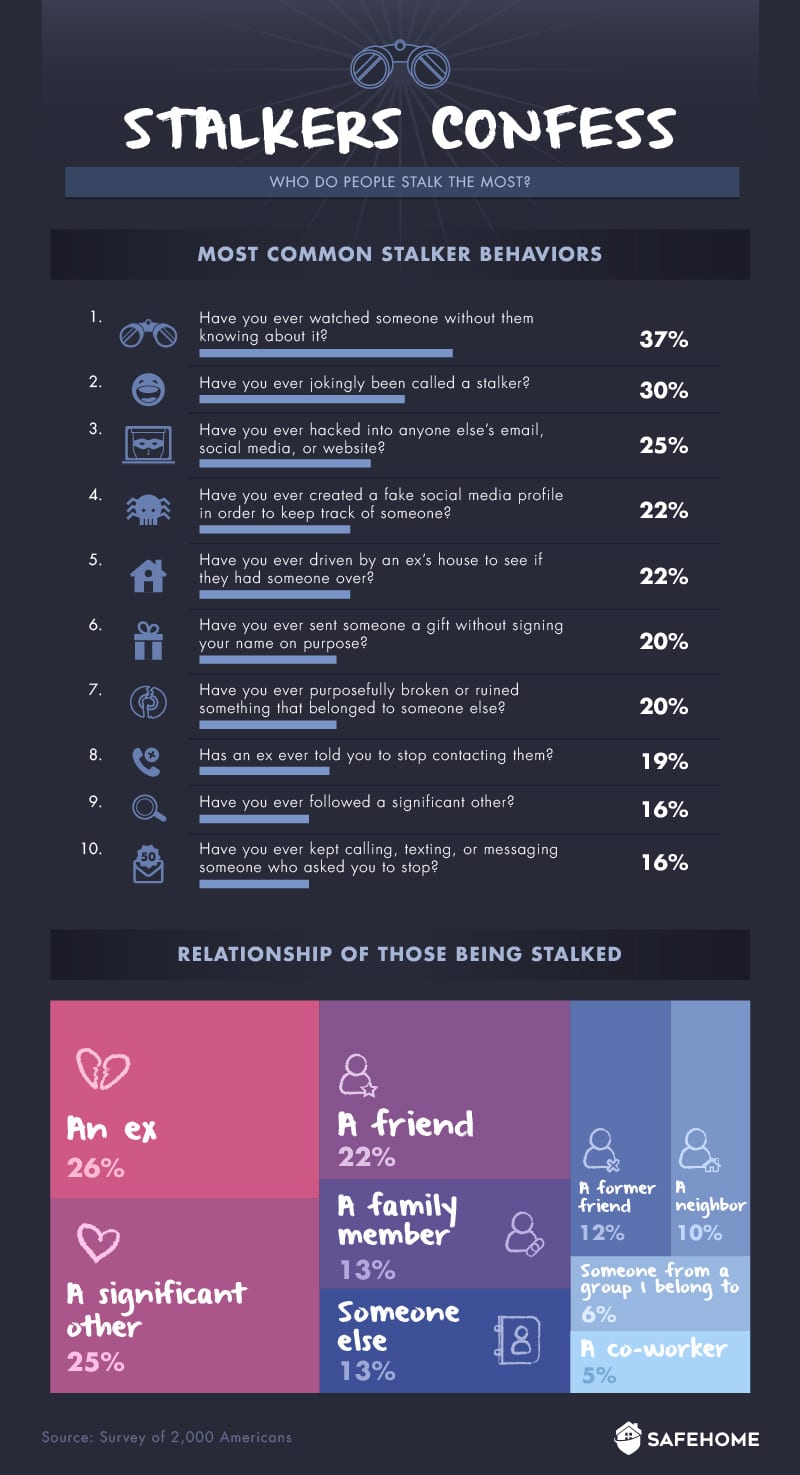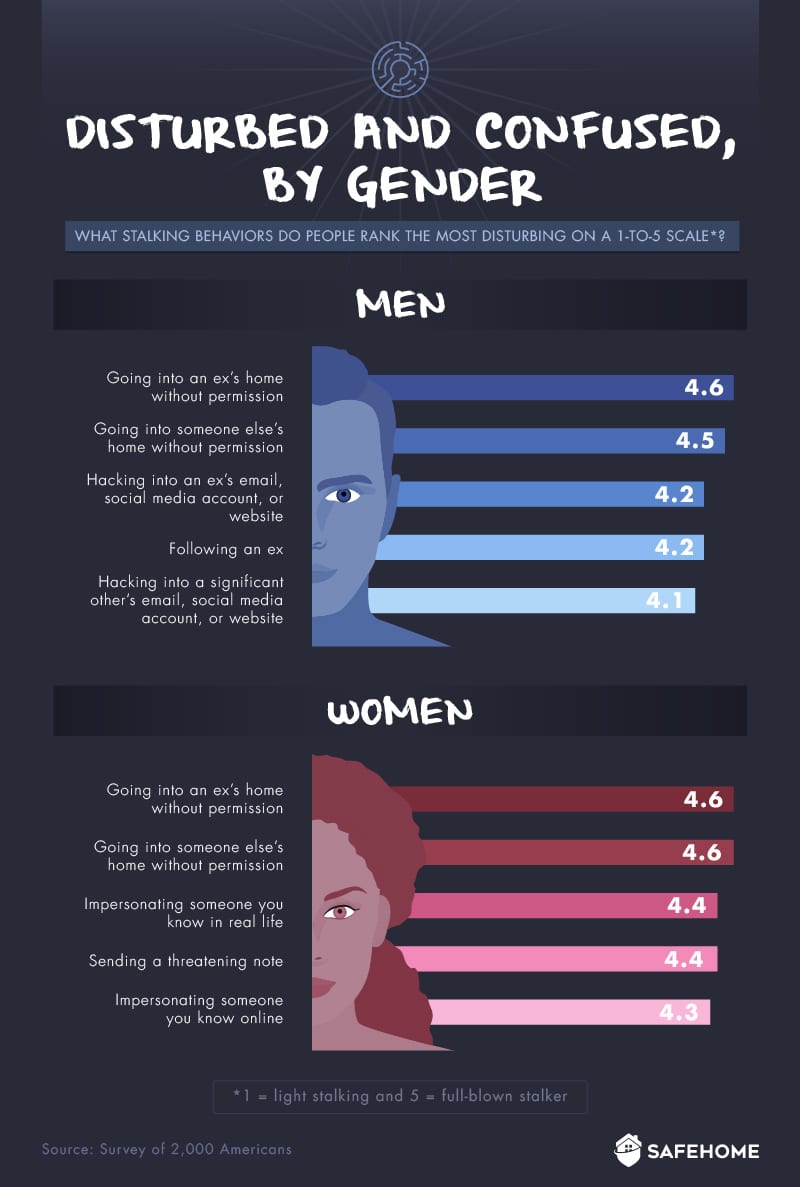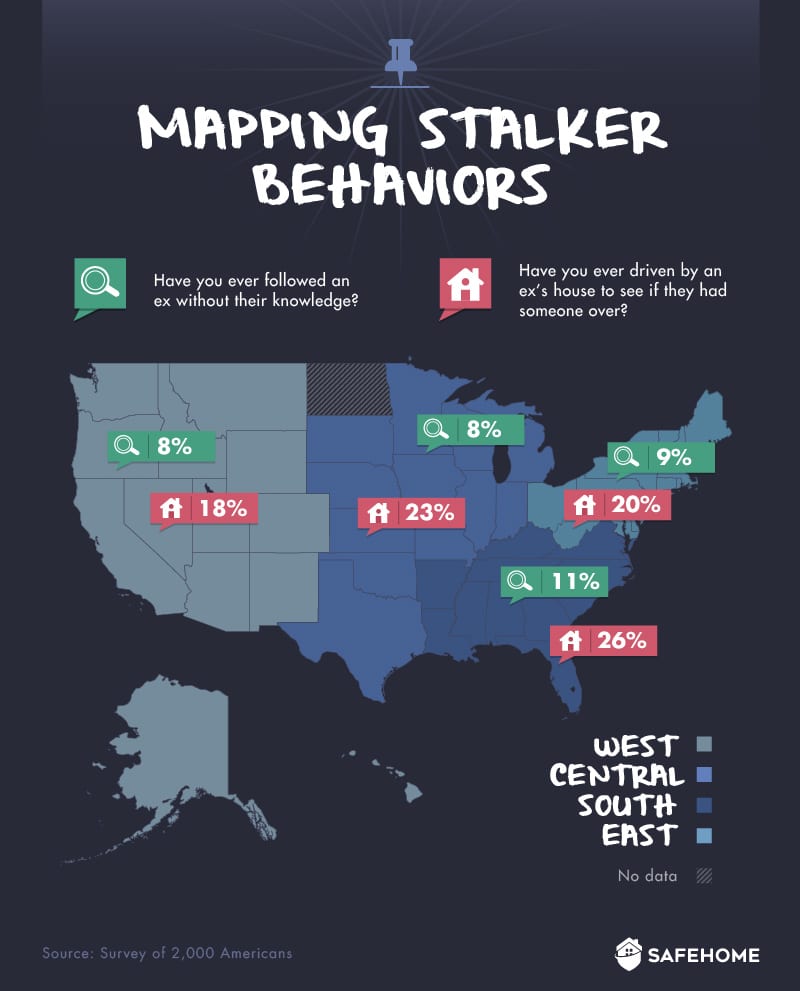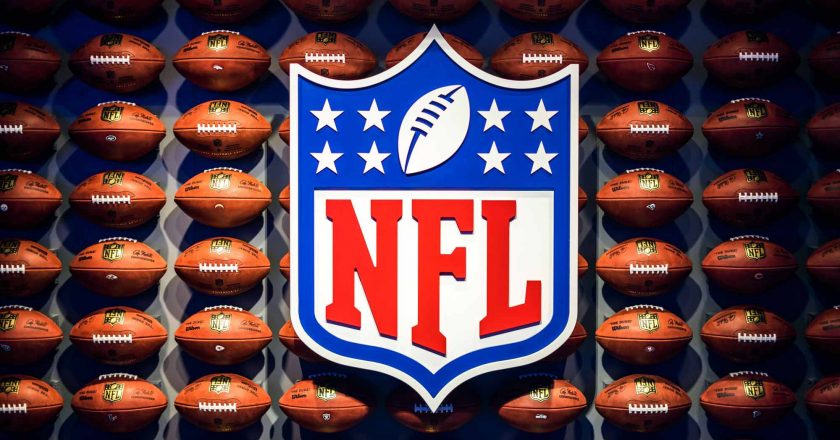Facebook and Google hold an almost unfathomable amount of data—College News reveals how much of your personal information the tech giants store and how to delete it to avoid the ever-growing problem of data poaching.
It is almost 70 years since George Orwell’s prescient words, “Big Brother is watching you,” were first published in Nineteen Eighty-Four. In 2018, with our personal data so freely available, this fictitious maxim seems more relevant than ever.
Forget the Soviet Union, the Gestapo or the Spanish Inquisition. Google and Facebook know more about is than any state-sponsored organisation in history. Indeed, the information they possess would be the envy of even the most brazen surveillance states. Unconstrained by borders—accountable to many governments—the tech conglomerates seem almost untouchable.
But how sinister is the data-harvesting furore? Hw much of our data is out there? And should we be concerned? College News investigates.
What do they know?
First, we provide the lowdown on the information Google and Facebook store on you. (Be warned, this might freak you out.)
Your movements
Google stores your location every time you switch on your cell phone. It’s been tracking where you’ve been from the very first day you started using Google Maps—it knows the time of day you were in a given location and how long it took you to travel there.
Everything you’ve ever searched—& deleted
It doesn’t matter if you delete your search or phone history on one device, Google may have stored data from other devices. This helps form your “digital footprint”—which targeted digital advertising campaigns can exploit.
Google also stores information on every app and extension you use. It knows how often you use them and who you use them to interact with.
Your advertisement profile
Your information, including gender, age, location, hobbies, careers and interests help Google to form an advertisement profile of you. This material becomes a valuable asset and can be flogged off to big data companies.
Data on all aspects of your “digital life”
Google has data on everything from the phones you’ve owned to how many steps you walk in a day, making data poaching easier than ever before. If you download all the data Google stores on you, you’ll find it includes bookmarks, emails, contacts, Google Drive files; photos you’ve taken on your phone and the products you’ve bought through Google.
Google also has data on the music you listen to, your calendar, the websites you’ve created, the Google books you’ve purchased, the phones you’ve owned, and the pages you’ve shared. Even files you’ve deleted are stored by Google.
To see your own data, go to google.com/takeout.
Facebook has stacks of data on you, too
If you were to download all your personal data from Facebook, you’d find it contained every message you’d ever sent or been sent; every file you’d ever sent or been sent; all the contacts in your phone; and all the audio messages you’d ever sent or been sent.
Facebook can access your webcam & microphone
When you agree to the Facebook’s terms of use, you (perhaps unwittingly) allow the social network to access your webcam, microphone and camera.
Facebook’s founder and CEO Mark Zuckerberg is even known to tape over his laptop webcam and microphone. And, when asked in 2016 if he covered his laptop’s webcam, former FBI director James Comey said: “Heck yeah, heck yeah; I put a piece of tape over the camera because I saw somebody smarter than I am had a piece of tape over their camera.”
If you are concerned, American digital rights group EFF sells webcam stickers, which it says people “purchase regularly.”
OK, they have this data—so what?
Most people are probably aware when they sign up for a free service like Facebook—or benefit from the wealth of information free search engines provide—there must be a catch somewhere. After all, these companies are there to make money. Their fundamental business model, which revolves around advertising, requires retention of vast amounts of customer data.
What’s more, it’s unlikely people take the time to scroll through long and convoluted terms and conditions, or trawl through their privacy settings to ensure they are protected.
The crux of the issue lays in whether we are aware the extent to which our data is being harvested. And whether we give meaningful consent for its use. To understand this, we must make the critical distinction between information we willingly share, and information Facebook or Google take without our knowledge.
Put another way, are users of Facebook or Google aware of the stakes involved when signing up to use these services?
Digitizing democracy
Since the Observer blew the lid off Facebook’s relationship with data analysis firm Cambridge Analytica, people are beginning to scrutinize the tech multinationals, more broadly, to probe both the quantity and nature of data they hold.
In many ways, tech companies like Google and Facebook have democratized information. In the spirit of idealism upon which they were founded, these companies provide an abundance of knowledge and unparalleled connectivity—at the touch of a button. With this in mind, does the fact they hold so much data on us really matter?
When it comes to constitutional issues of democracy, it does. Of that, the recent Cambridge Analytica scandal was proof. The data mining, brokerage and analysis company accrued the personal data of 87 million Facebook users, some of which purportedly influenced the outcome of the 2016 Presidential election. When data influences politics, something’s got to give. And in April 2018, it did.
Following bi-partisan consensus, Mark Zuckerberg was invited to testify in Congress in an almost unprecedented event. During his testimony, Zuckerberg stated that his own data had been poached by the personality quiz, This is Your Digital Life, responsible for mass-scale misappropriation of personal data.
Importantly, when questioned by congresswoman Eshoo, Zuckerberg revealed he was not prepared to alter his business model, but admitted future regulation would be “inevitable.”
At last, it seems the tech giant is assuming responsibility and is prepared to take steps to protect its users’ privacy. Still, it’s unlikely Facebook can impede the threat our nation faces of election meddling and cyber warfare from our enemies to the east.
Orwell’s was a world of dystopian proportions—perhaps ours isn’t so different.
Avoid data poaching & delete your data—permanently
If you want to live a Facebook-free life, it is important to understand the difference between “deletion” and “deactivation.”
- Deactivating your account means some of your data will still be visible (like messages you’ve sent) and Facebook will store all your account information in case you reactivate.
- Permanently deleting your Facebook account will, after a 90-day grace period, remove things you’ve posted like statuses, photos and other data stored in backup systems.
- While they are deleting this information, Facebook say, “It is inaccessible to other people using Facebook.”
- They add: “Keep in mind that you will not be able to reactivate your account or retrieve any of the content or information you have added.”
- But even then, copies of some materials (like log records) may remain in Facebook’s database, but are “disassociated from personal identifiers,” according to the company.
In short, deactivating is a way to cool off for a while, whereas deleting is a permanent action to take.
Google
Google knows a lot about us. For many, this is just a fact of life. But, with the right know-how, it’s possible to control what it uses for advertising purposes.
- Google stores all your search history. If you’d rather not have a list of (potentially embarrassing) search queries stored up, head to Google’s history page, click Menu (the three vertical dots) and then hit Advanced -> All Time -> Delete.
- As we mentioned, Google has the (slightly creepy) habit of keeping tabs on your location. To disable this, when you visit the timeline page you can hit the settings cog in the bottom right-hand corner of the screen and select delete all from there. There is also the option to pause location history by hitting the big button in bottom left-hand corner of the screen. But is one of the trickier things to get rid of entirely, because to stop it happening in future you’ll need to opt out of both location tracking and location reporting with your device—whether you are running Android or iOS.
Go ‘Off-Grid’—For good
If you’ve ever wanted to remove yourself (almost) entirely from the internet and avoid data poaching, Swedish website Deseat.me uses your Google account to help.
Using Google’s 0Auth protocol, which allows third-party users to access your other accounts without your password details, Deseat.me recalls all your online and social media accounts and allows you to delete yourself from them.
To go ‘off-grid’, visit Deseat.me and input your Gmail address. It will bring up all the online accounts linked to that address and give you the option to delete them all.



